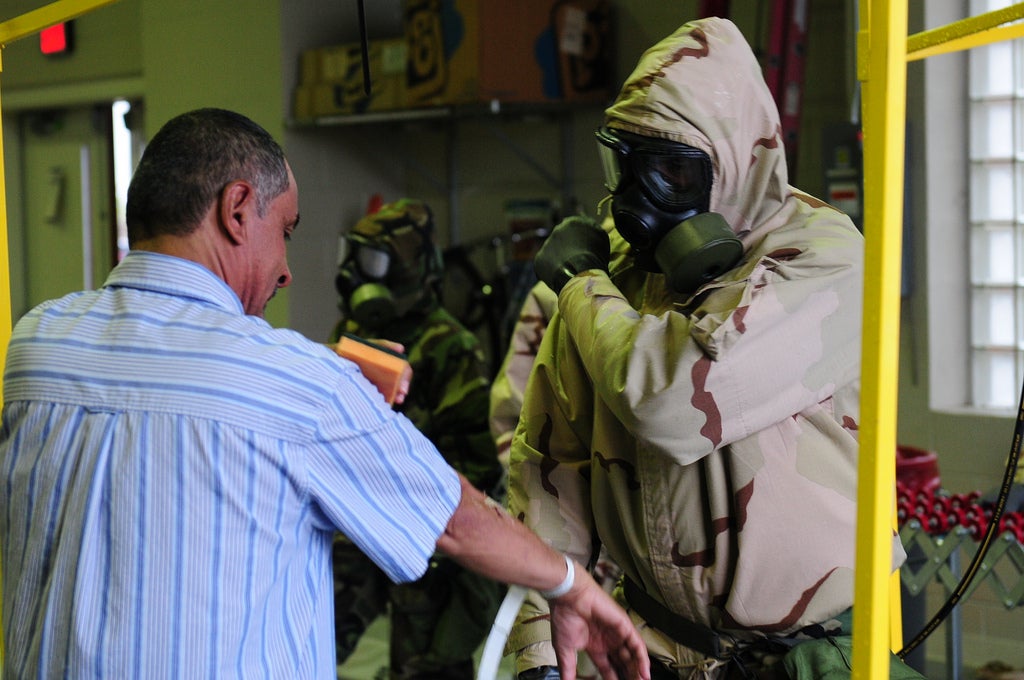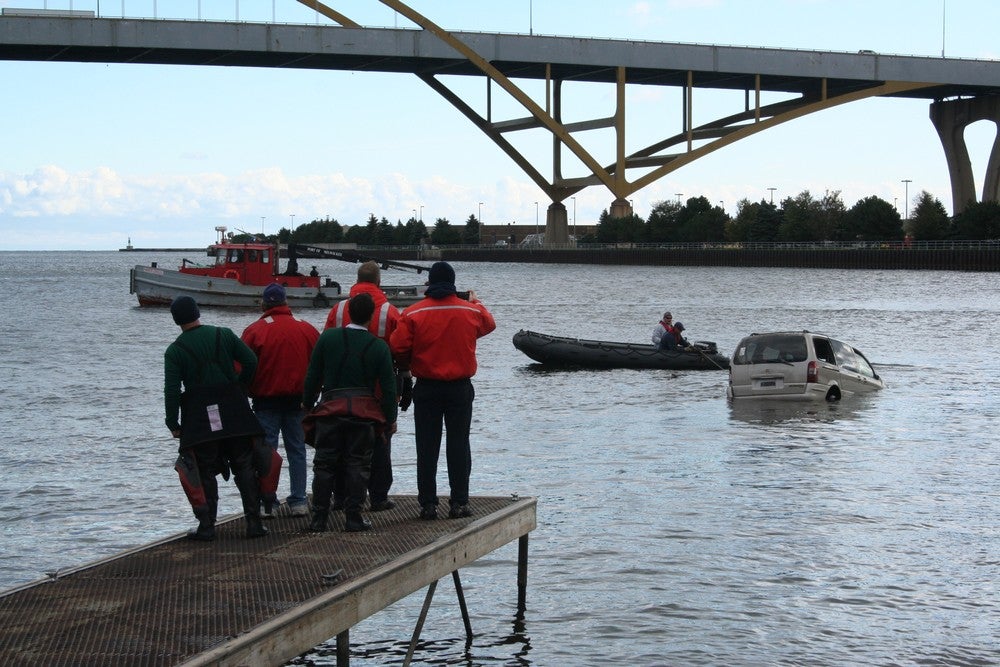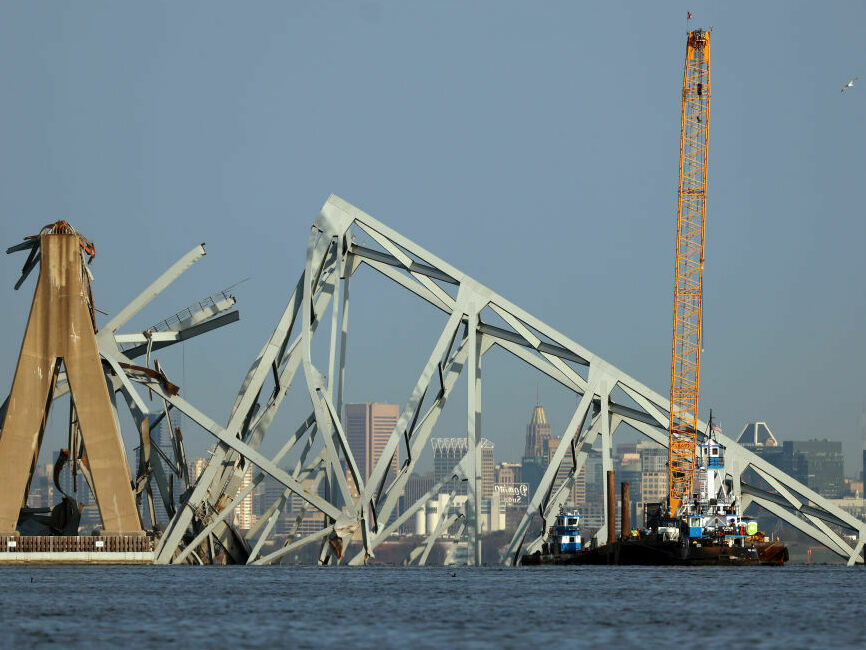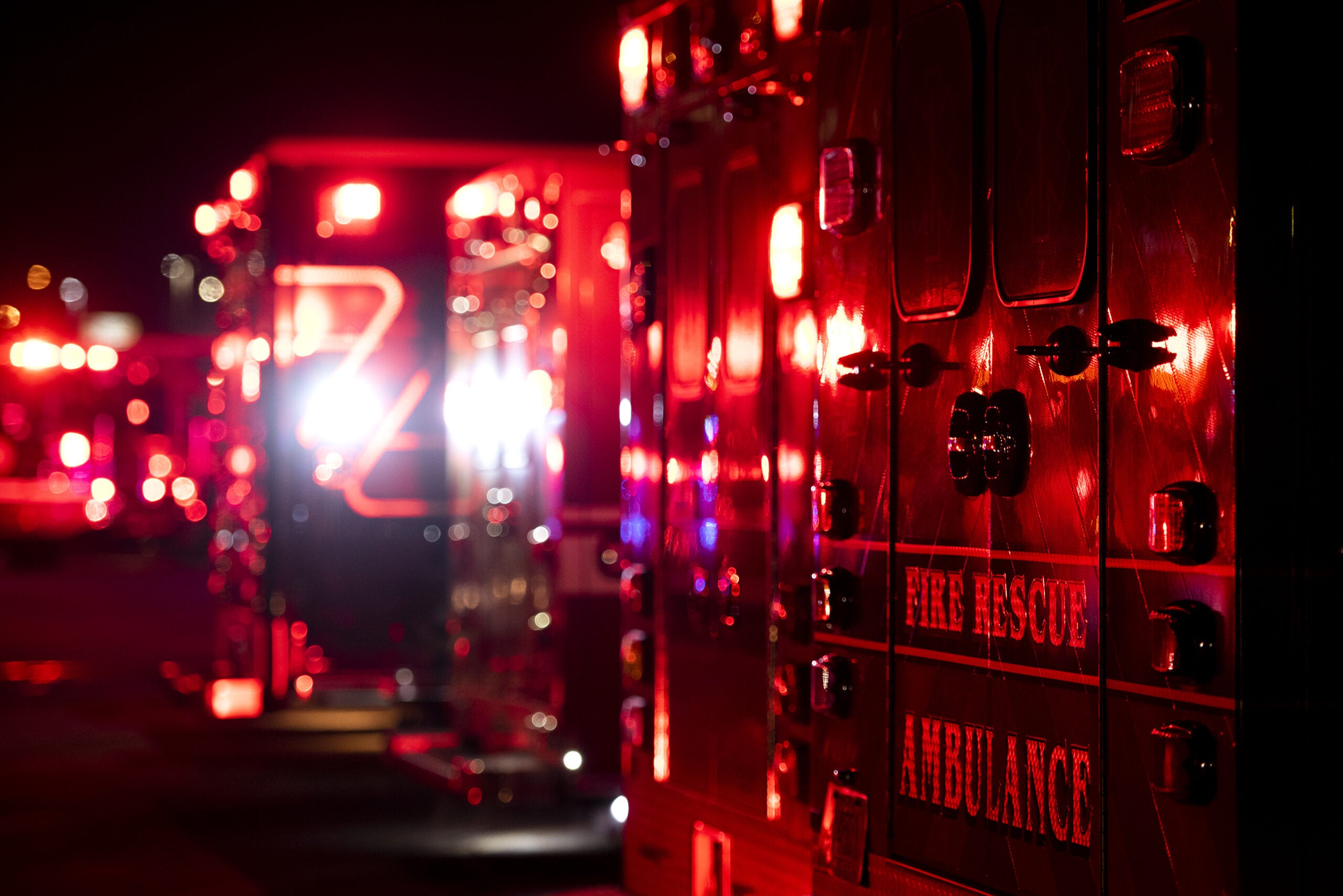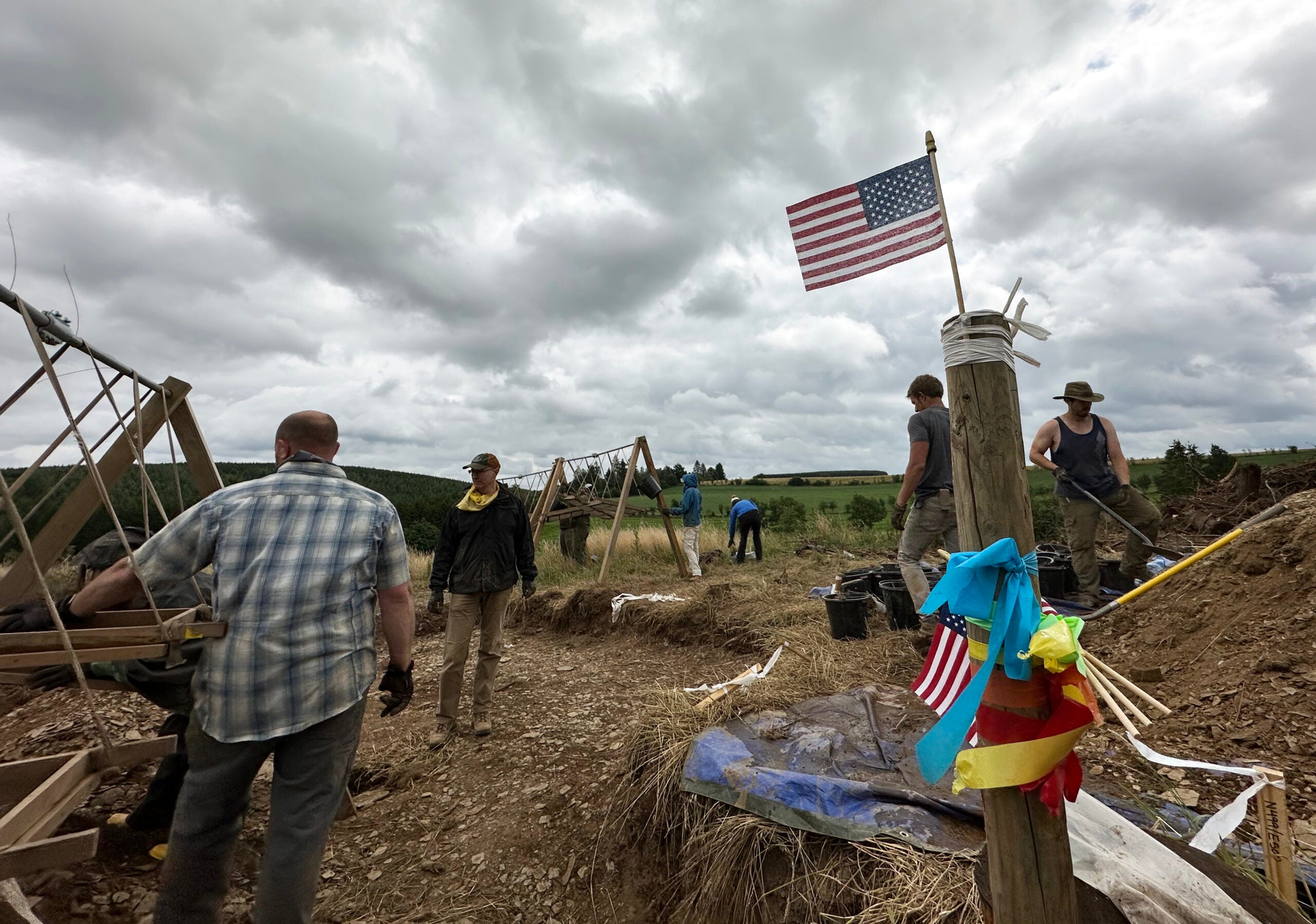As of this month, Wisconsin began a new hazardous materials response plan that features an increase in hazmat teams around the state, but also a decrease in funding for cities.
Whereas Wisconsin previously had eight top-tiered hazmat response teams, the new plan has just two in Milwaukee and Eau Claire. The cities of La Crosse, Wausau, Racine, Oshkosh/Appleton, Madison and Superior are now tier 2, each having had their budget cut.
State Emergency Management Administrator Brian Satula said they’ll still be able to handle incidents of known and unknown chemicals.
Stay informed on the latest news
Sign up for WPR’s email newsletter.
“While (funding) is less than before, it is sufficient to keep the capability and sustain the capability at the current level,” said Satula.
State Sen. Bob Jauch, D-Poplar, represents the port of Superior, which also is an oil and gas hub. He called the new plan “hazmat response on the cheap”.
“It’s inadequate. It’s unacceptable. It’s underfunded, and it clearly ignores the high risk of hazardous materials spills in Superior,” said Jauch. “Emergency Management is proud of their plan, but frankly they should be embarrassed.”
Jauch said since Eau Claire is the closest tier 1 hazmat team, it would take two to three hours to respond to an emergency in Superior.
“It’s an insult to the citizens of Superior who have the only oil refinery, the entry point of approximately 17 percent of the nation’s crude oil supply (and) a major tank farm for natural gas,” said Jauch.
Satula, however, said that new but smaller tier 3 teams around the state — in this case from Ashland and Rice Lake — would respond in the case of a Superior emergency.
“If they really had an incident at the terminal, the Superior Fire Department would be fully engaged on the firefighting side and they would have no hazardous materials fighting capability,” said Satula. “So, what we would do then is draw from those additional teams that do have the capability.”
Jauch said the plan will force local governments to spend more to keep their current hazmat capability.
Wisconsin Public Radio, © Copyright 2024, Board of Regents of the University of Wisconsin System and Wisconsin Educational Communications Board.

